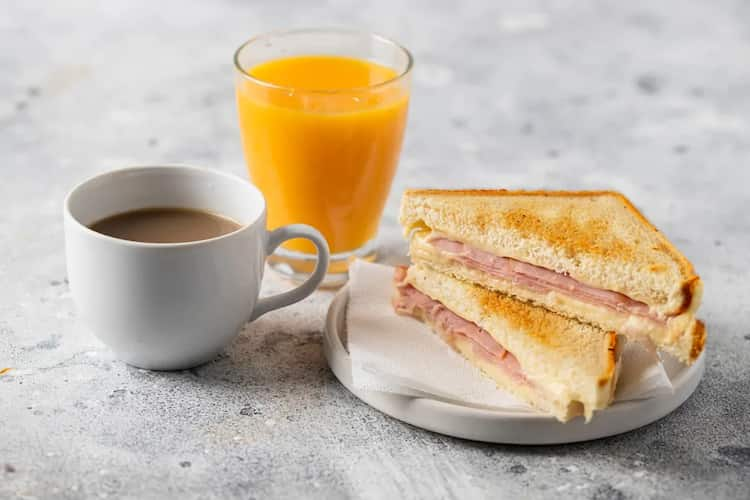Compared to many other nationalities throughout the world, Portugal does not nearly share the same relationship with morning meals. There isn't a traditional "Portuguese Breakfast," like there is with a "English Breakfast," for instance. Despite this, breakfast in Portugal generally consists of a comparable selection of foods. Coffee and a sweet or savoury bread are typically always included. The type of bread, whether it is sweet or savoury, toasted or not, served with ham, cheese, or both, or whether it is served with or without, complicates everything.
Drinks for Breakfast
It seems that only during breakfast do the Portuguese drink longer cups of coffee. Frequently, a milky coffee like a galao is served in a tall glass, with around 75% milk and 25% coffee. Alternatively, a 50% milk meia de leite In a tiny mug, 50% coffee is served. Traditional cafés, the Portuguese version of espresso, are a good choice for those who don't want any milk in their beverage. An An abatanado, a Portuguese beverage that is similar to an Americano but uses less water, is another option for something longer without milk.
Also highly popular are fresh juices. A glass of Sumo de laranja natural, a locally produced orange juice, is a must-have. Various others, such as apple-maça, are frequently accessible. Make sure you ask for natural in this situation; that's the key distinction. Numerous fruit juices that are pre-bottled and have a lower level of natural flavour are another quite common beverage. You'll get this if you ask for sumo and there isn't fresh squeezed juice available. A kind of sweetened chocolate milk is more popular among kids.

Tea or chá is more popular with visitors than the Portuguese, who tend to drink less of it. The closest thing to an English breakfast tea is cha preto. It is uncommon to receive a teapot; instead, it is frequently given in a single cup with a single tea bag. Ask for it "com leite," or "with milk," if that's how you enjoy your food.
Food For Breakfast
A cup of coffee and a slice of bread with lots of butter. Most cafés serve this combo, which is always the least expensive choice. People can frequently be seen nibbling on a plate of toast with butter while drinking coffee in several of the neighbourhood cafés. At home rather than in cafés, people are more likely to eat cereal, oats, yoghurt, eggs, and fruit. Compared to the conventional breakfast available in cafes, you may find a significantly greater selection of morning foods in supermarkets. Toast with a variety of spreads, like jams, chocolate spreads, and peanut butter, which are more popular in other countries, is another well-liked option. These are typically available and simple to locate in any supermarket. You can find practically everything you're used to in a supermarket to prepare meals at home if you're staying in lodging that has a kitchen. Similar to this, the breakfast selection at a hotel will typically be more diverse and include everything mentioned above.


